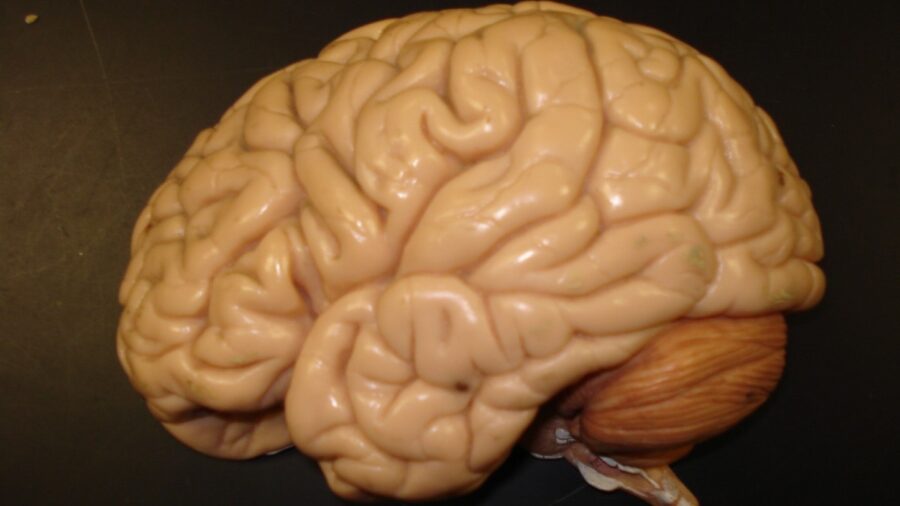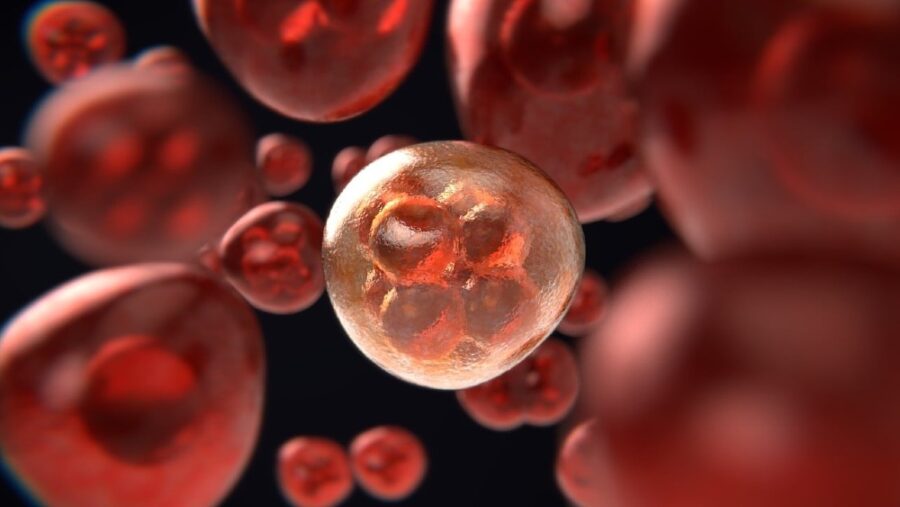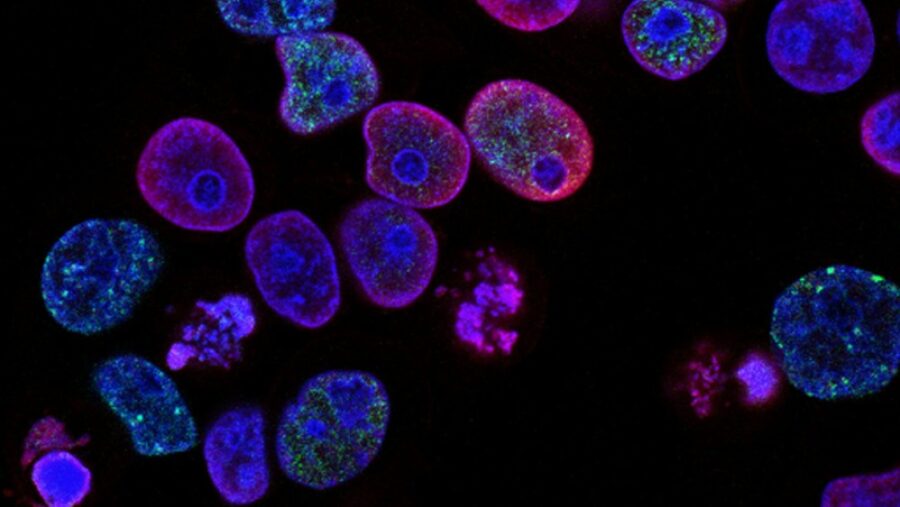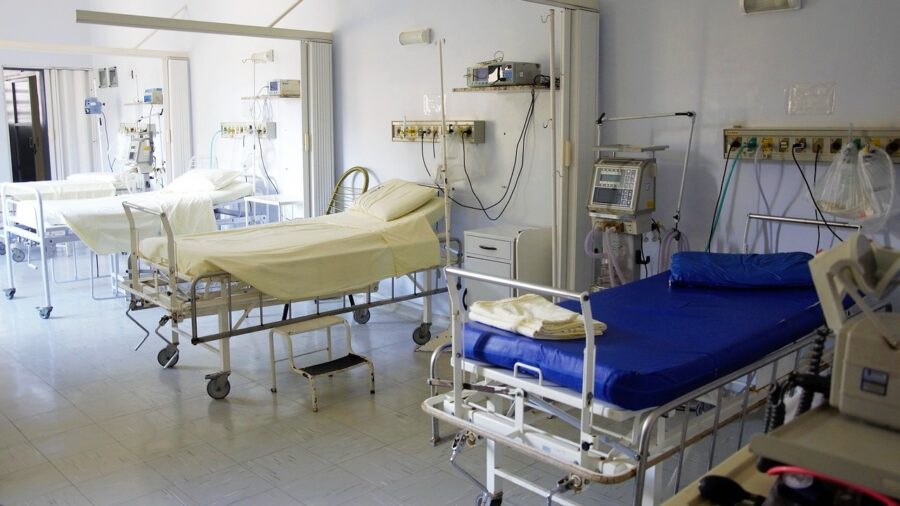13-Year-Old Cured Of Deadly Brain Cancer Marks Historic Scientific Moment

A 13-year-old Belgian boy named Lucas just became the first kid to ever be cured of an aggressive type of brain cancer. Lucas had a brainstem glioma, according to the researchers who worked with him. Typically, kids with his diagnosis are given only a year (or less) to live, but Lucas is alive and healthy more than seven years after his initial diagnosis.
A Death Sentence

Lucas was diagnosed with a rare brain tumor called diffuse intrinsic pontine glioma (or DIPG) when he was only six. His doctor, Jacques Grill got emotional during an interview recounting the moments when he had to deliver the news of the brain cancer to Lucas’s parents and explain to them that their son was likely going to die.
“Lucas beat all the odds” with his survival, stated Grill, who is now head of the brain tumor program at the Gustave Roussy Cancer Center in Paris, France, and worked closely with Lucas throughout his brain cancer treatment.
Beating The Odds

This particular type of brain tumor is only found in around 300 young patients in the U.S. each year and only around 100 in France. Though the medical community can now tout an 85 percent survival rate for child cancer, Lucas’s brain cancer was different. Most with his diagnosis don’t survive the first year, and only around 10 percent of children with his diagnosis are alive two years after their cancer is discovered.
A Bold Experiment

Doctors can occasionally affect the growth of an aggressive brain cancer with radiotherapy, but there are no current drugs on the market that are completely effective against it.
Due to the rarity of his diagnosis, Lucas and his family relocated from Belgium to France so that he could take part in an experimental BIOMEDE trial that focused on testing newly developed drugs aimed towards the treatment of DIPG.
Cancer-Free

Lucas’s brain cancer showed a strong positive response to a drug he was randomly assigned named Everolimus. As the treatment progressed, Dr. Grill said that he “watched as the tumor completely disappeared.”
However, he decided not to stop the treatment too hastily and kept Lucas on medicine for more than four years. A year and a half ago, Grill found out that Lucas was no longer taking his medicine. After a clear MRI scan, the doctor could confidently say that Lucas was cured of his brain cancer.
Studying Why The Drugs Worked So Well

Doctors don’t yet know the exact reason why Lucas’s brain cancer responded so well to the treatment, but it likely has a lot to do with his and the tumor’s genetic makeup. Seven other kids in the same trial responded positively to the treatment, surviving for years after their diagnosis, but none of them saw their tumors completely vanish.
Potential Breakthrough In Combating Cancer

Lucas’s doctor said that his tumor in particular had an “extremely rare mutation” which the researchers think had a lot to do with how the brain cancer responded to the drug. If researchers could recreate that situation in the lab, they could use it to greatly progress their treatment studies.
While these new findings are exciting and have huge implications in the treatment of brain cancer, the actual application and clearance of a new drug would be something that wouldn’t happen for many years.












